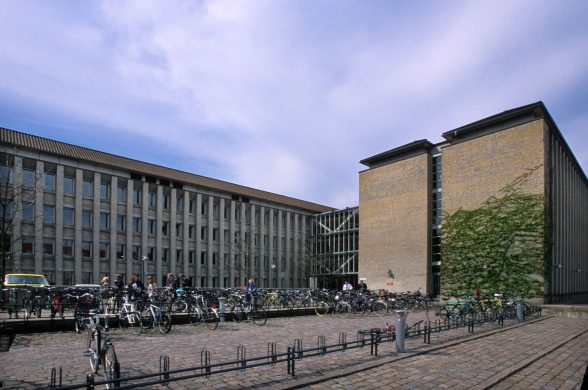Malaysia’s parliament passed the “Anti-Fake News Law” on April 3, 2018 amid concerns that the law will be used to silence the opposition and critics ahead of the General Election (GE14), which will take place in the near term.
On the heels of the law’s approval, Prime Minister Najib Razak dissolved the parliament on April 6, in another move seen as part of a strategy for securing his own re-election.
Malaysia’s ruling coalition has held power since the 1950s, but recent events have cast doubt over its staying power. The PM has been linked to several corruption cases which could undermine the electoral chances of his party. These include accusations that he channeled more than two billion Malaysian Ringgit (nearly USD $700 million) from the 1MDB government economic development company to his personal bank account, a story that was widely reported by local media and denounced by the ruling party.
Malaysia is the first Asian country to pass an anti-fake news law, though similar policies have been considered in the Philippines and Cambodia. More than 11,000 people signed online petitions opposing the Malaysian law.
The government insists that the new law is necessary to combat fake news and protect the reputation of innocent people. But various groups argue that the law could undermine free speech and other civil liberties.
Læs hele artiklen hos Global Voices














